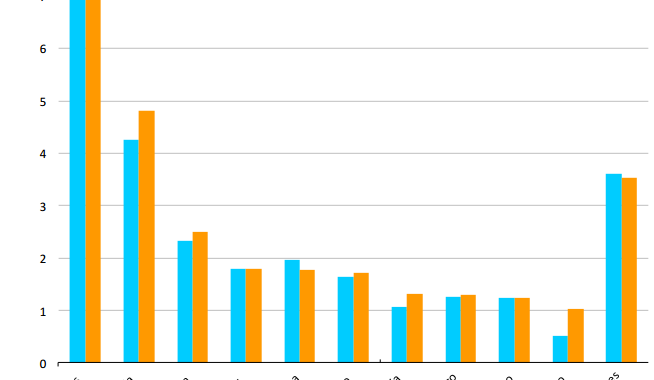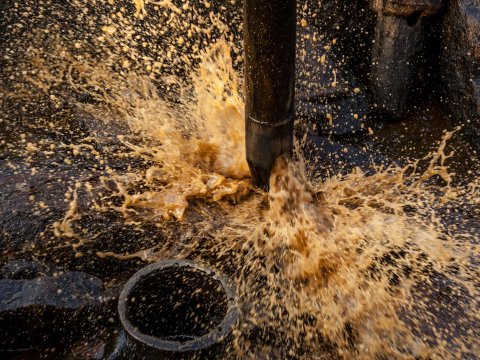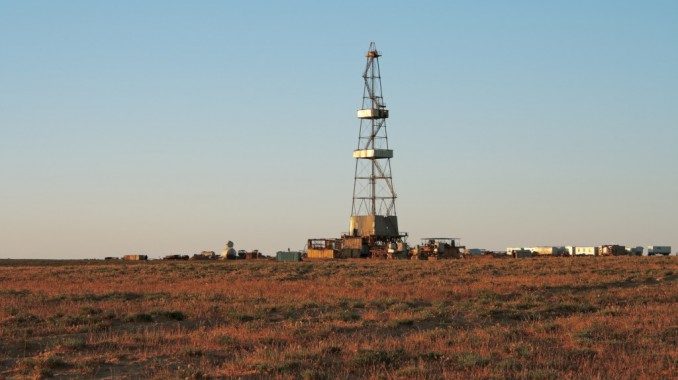
“Good Regulation” Won’t Hurt Texas Oil & Gas
The price of oil will be higher next year than it is now and regulation won’t kill the industry. Those are two takeaways from one of the state’s top oil and gas officials.
Ryan Sitton is a Republican politician. But contrary to what some of his colleagues say about government regulators of the oil & gas industry, Sitton says they are not necessarily a “job-killing bureaucratic communist machine…”
Sitton was speaking to the NAPE convention underway in Houston, that’s an industry group for people who develop oil & gas fields.
”Too often these days when we talk about the world of regulation, it’s so often discussed in political jargon that we miss the true impacts of good regulation,” Sitton told a hundred or so conventioneers at the NAPE event in downtown Houston.
Sitton is one of the three elected officials on the Railroad Commission of Texaswhich regulates drilling.
One on one, he told News 88.7 that the commission needs to do a better job of working with communities. His comment was prompted by a question about a new state law that prevents local communities from banning the controversial drilling method called fracking and leaves it to the state commission to oversee.
“You asked me if this is something we can live with; absolutely. I live in a little town, Friendswood and we’re right next to the Friendswood Oil Field. There are pipelines and oil wells in our town,” Sitton told us.
Sitton said Friendswood officials have told him that they don’t know anything about fracking and want the experts at the state commission to regulate it.
But is the commission up the job? By its own admission, it’s having trouble hiring enough inspectors. Sitton told us they’re asking the state legislature to authorize the hiring of more inspectors.
But the question Sitton says he gets asked most often: where’s the price of oil headed?
“I believe we will see $60 a barrel next year, “ Sitton told the NAPE audience, citing decreases in oil production that he said is closing the gap between output and demand.


